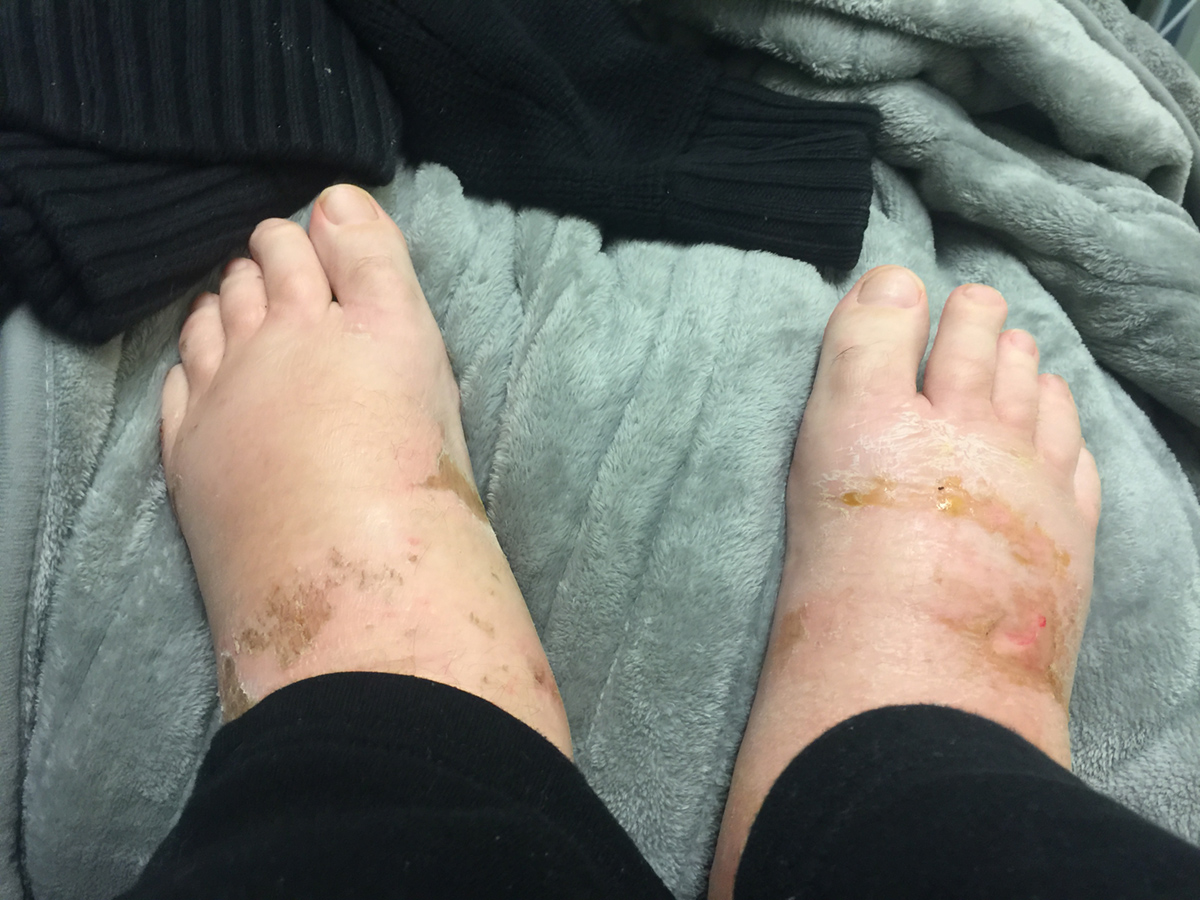
Edema
Causes of Edema
Usually when patients complain about swollen feet and legs, doctors do exams to rule out or confirm the presence of a serious kidney, liver, heart or blood vessels condition. However, other factors can lead to edema as well, like high sodium intake, laxative, diuretic or drug abuse, PMS, pregnancy, oral contraceptives or hormone replacement therapy, sodium retention, varicose veins, allergy, trauma, or a neuromuscular disorder.
Symptoms of Edema
Initially, when edema is only starting, swelling appears during the day and progresses, worsening in the evening. Later on it is possible to have swollen legs and feet may set in early in the morning.
Edema usually causes pitting. This means that when the swelling is pressed firmly with thumb it leaves an indentation that lasts a few seconds before the skin bounces back. Also, prolonged edema can cause skin ulcerations.
Swelling is usually accompanied after some time by headaches, palpitations, hypertension, frequent urination, swelling of hands and wrists, puffy eyes.
How to reduce swelling
Swelling affects feet and lower legs more than other parts of the body because the gravitation pulls the fluids downwards. Elevating feet and legs will help reduce edema and it can be done quite simply, by using cushions or leg wedges in bed and sitting in a reclined chair while watching television. It is important that the feet are elevated above the heart.
Support socks and stockings are widely available in drugstores and pharmacies, and they can also be custom made. They come in different degrees of pressure, depending on the gravity of edema.
Walking increases muscle activity and reduces edema. Standing for a longer period of time is not recommended. If it cannot be avoided, for example if the job includes standing a lot, it is recommended to take short and frequent breaks and elevate the legs.
The diet should not be rich in salt. It is also important to drink plenty of water, even though it may not seem logical. Diuretics may help if taken short-term but abuse of diuretics, as well as of laxatives and drugs, can seriously aggravate the condition.
It is also important to wear proper fitting shoes and socks.
Hormone replacement therapy and oral contraceptives should be discontinued, unless they are necessary for medical reasons.


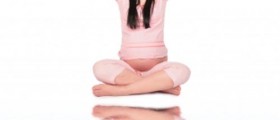

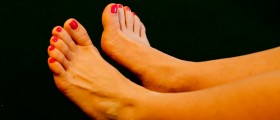
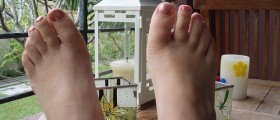
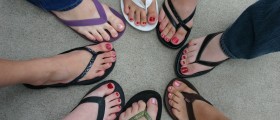



-What-Are-Your-Options_f_280x120.jpg)
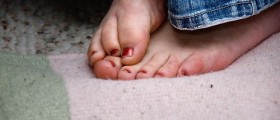



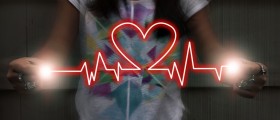
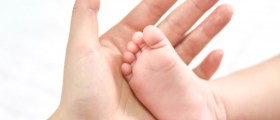
Your thoughts on this
Loading...